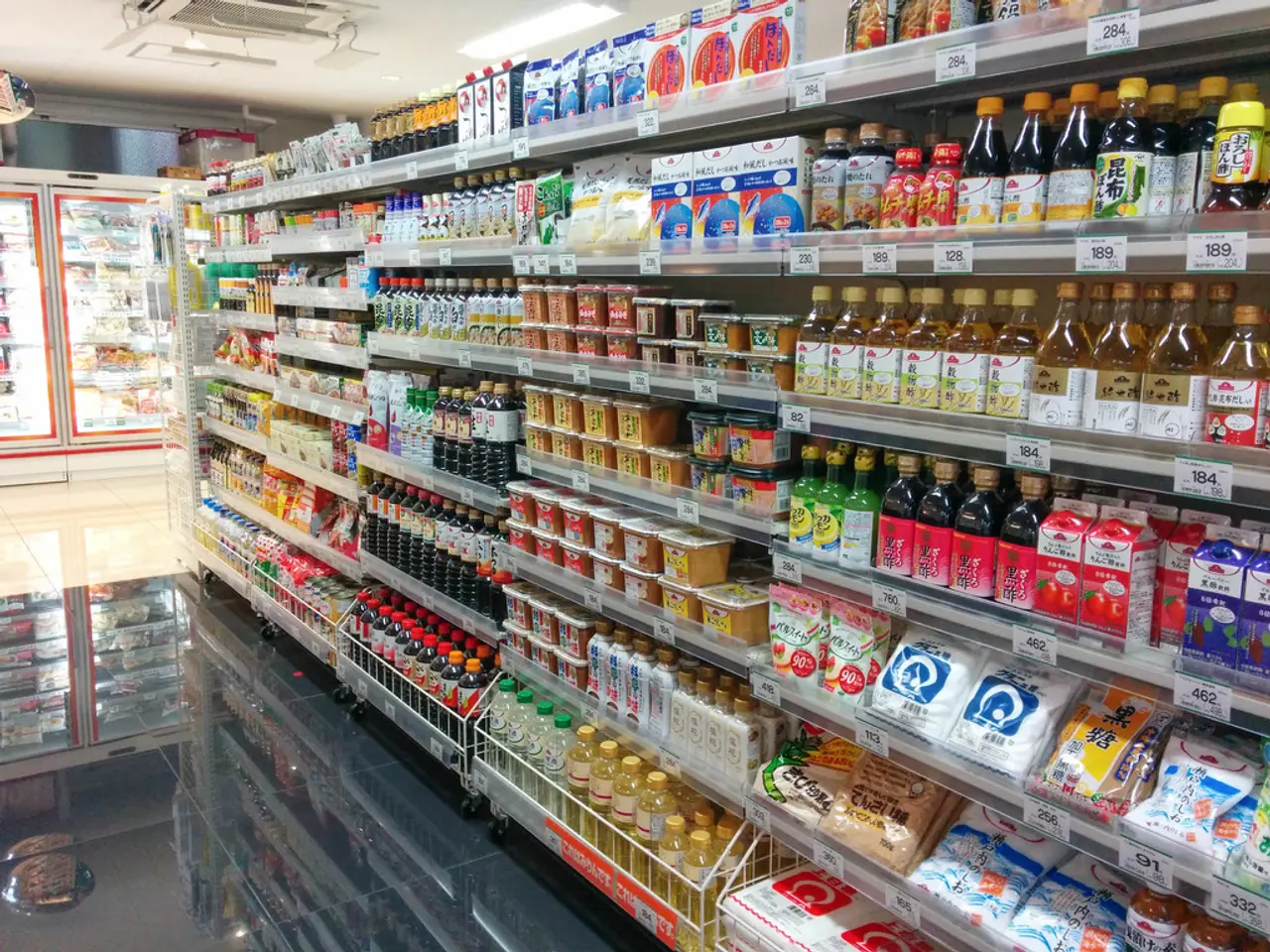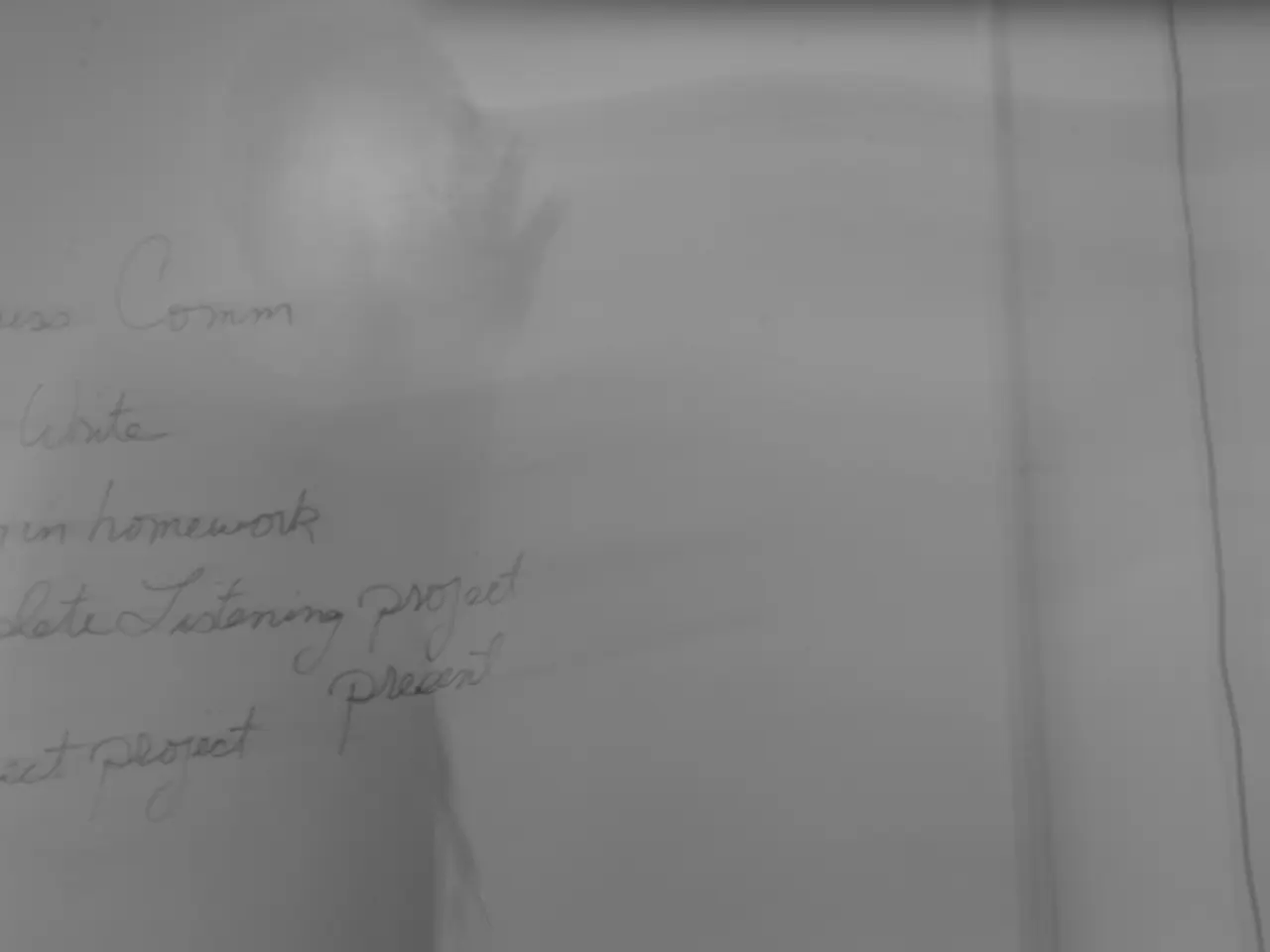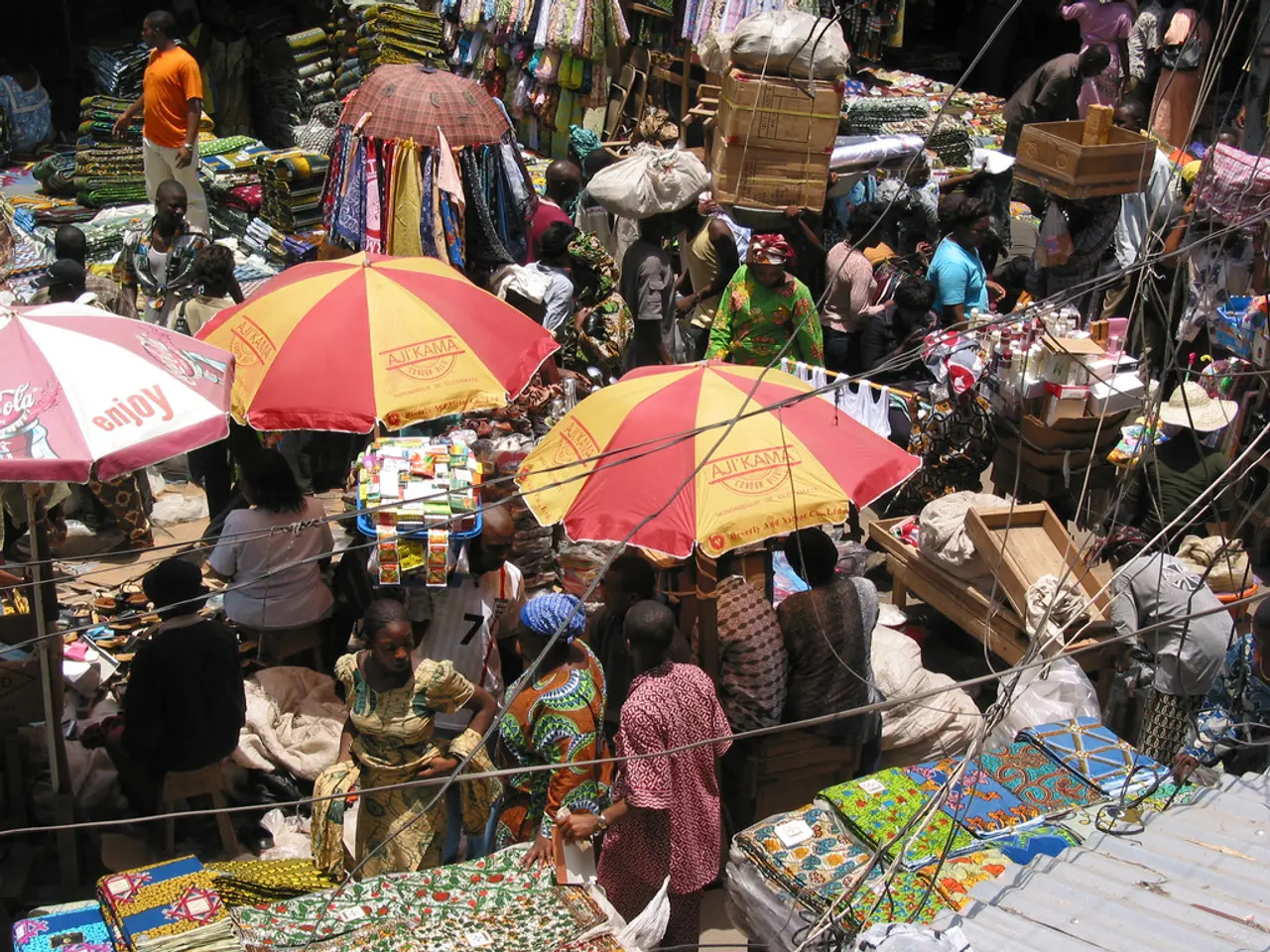Wineries in New York's vineyard region prioritize sustainability in their practices as they adjust to the impacts of climate change.
In a drastic change from a decade ago, the bustling Finger Lakes wine industry now faces a barrage of challenges, from the perils of climate change to the fallout from political tensions.
Scott Osborn, owner of Fox Run Vineyards, once eager to welcome new vineyard owners, now shrugs, "You're crazy." Climate change, with its unpredictable weather, is making farming grapes a risky gamble. The once-reliable spring buds, bursting forth in a riot of colors, now threaten to spell disaster if a frost struck early. Warming night temperatures and erratic rainfall have become the norm, differentiating the Finger Lakes from their West Coast counterparts and adding to the farmers' dilemmas.
"It feels like a rollercoaster," sighs Michele Magda, a loyal customer from Pennsylvania, as she sips her wine at Fox Run. Political tensions, like tariffs during President Trump’s trade wars and administration’s rollback of environmental policies, add to the concerns for these winegrowers.
But in the face of adversity, many have chosen to embrace sustainability. Farmers are striving to help combat global warming by adopting eco-friendly practices and hoping to adapt to the changing climate. The Finger Lakes region boasts water that sparkles and appears as sapphire on sunny days, offering a canvas for more than 130 wineries that dot the shores and produce some of America's finest whites.
At Fox Run, you'll find electric solar panels powering the farm, shyly sharing space with less obvious, yet equally significant, sustainable initiatives, like an underground network of fungi that help insulate crops from drought and disease. Paul Brock, a viticulture and wine technology professor at Finger Lakes Community College, notes that this learning to adapt to fluctuations has given local winemakers a competitive edge.
Across the region, vineyards are becoming certified under programs such as the New York Sustainable Winegrowing program, which requires growers to improve their practices concerning soil health, water quality, and more. Despite these efforts, however, climate change remains a looming threat, forcing some vineyards like Hunt Country Vineyards to make difficult decisions about their future.
"The farm and the vineyard, it's part of me," says Suzanne Hunt, matriarch of Hunt Country Vineyards. But with devastating frosts causing crop loss and shifting consumer attitudes, the family is forced to reconsider their future. By year's end, they plan to stop producing wine and transition to hosting community workshops and selling certain grape varieties instead.
Not all is doom and gloom, however. Vinny Aliperti, owner of Billsboro Winery, is making strides in improving the wine industry's environmental footprint by establishing communal wine bottle dumpsters and recycling glass for construction materials. Yet, he laments the absence of cooperation among nearby wineries and vineyards in adopting sustainable practices.
Without government support in areas like funding sustainability initiatives and regulations that discourage harmful practices, the wine industry's future may be uncertain. Oxborn, for one, fears the possible loss of federal environmental policies and revenues from retaliatory tariffs and boycotts by Canadian customers, making it difficult for small vineyards to compete with larger, established ones.
Back at Fox Run, regular patron Aric Bryant insists the challenges only strengthen his dedication to supporting the Finger Lakes wines. "I go to restaurants around here, and if they don't have Finger Lakes wines on their menu, I'm like, 'What are you even doing, serving wine?'"
Sustainability, innovation, and perseverance in the face of adversity—the spirit of the Finger Lakes wine industry shines bright amidst the challenges.
- Scott Osborn, despite his prior eagerness, now dismisses potential vineyard owners with a grave "You're crazy," as climate change's unpredictable weather puts farming grapes in high-risk territory.
- Warming night temperatures and erratic rainfall have set the Finger Lakes apart from West Coast counterparts, adding to farmers' woes.
- Michele Magda, a regular customer from Pennsylvania, finds the industry's predicament akin to being on a rollercoaster while sipping her wine at Fox Run.
- Tariffs during President Trump’s trade wars and the administration’s rollback of environmental policies exacerbate worry for farmers.
- At Fox Run, electric solar panels provide power, while an underground network of fungi protects crops from drought and disease, complementing the farm's eco-friendly approach.
- Countless wineries in the Finger Lakes harvest some of America's finest whites, underscoring the region's rich water quality, which gleams bright as sapphire on sunny days.
- Beyond climate change, vineyards struggle with crop losses due to devastating frosts and shifts in consumer preferences, raising significant concerns about their future.
- Some vineyards, like Hunt Country Vineyards, are contemplating a transition away from winemaking, focusing instead on community workshops and specific grape variety sales.
- Vinny Aliperti of Billsboro Winery is paving the way for a greener wine industry through communal wine bottle recycling and construction material use.
- Without government support in resources for sustainability initiatives and regulations against harmful practices, smaller vineyards may have difficulty competing with larger, well-established ones, according to Scott Osborn.




